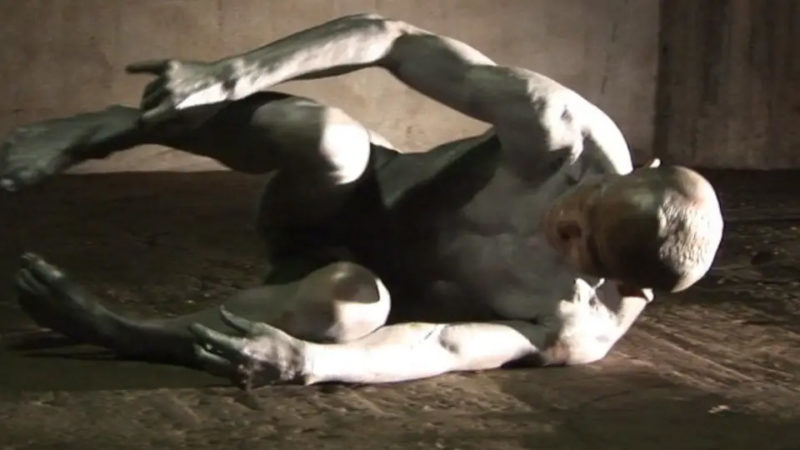The pleasures of the Gulag
Hidenaga otori
In the twenty-first century, in the midst of the new Coronavirus, the project Nijinski at Midnight - planned and prepared since last year - has been temporarily suspended, and now, on Sunday, May 24, 2020, at 10:25 a.m., I’m addressing myself to all of those who are participating in this project. The following is my message as a participant as we go forward. I had a hunch that Ko Murobushi's Nijinski à minuit project might be an attempt of the becoming in the process of a ce
